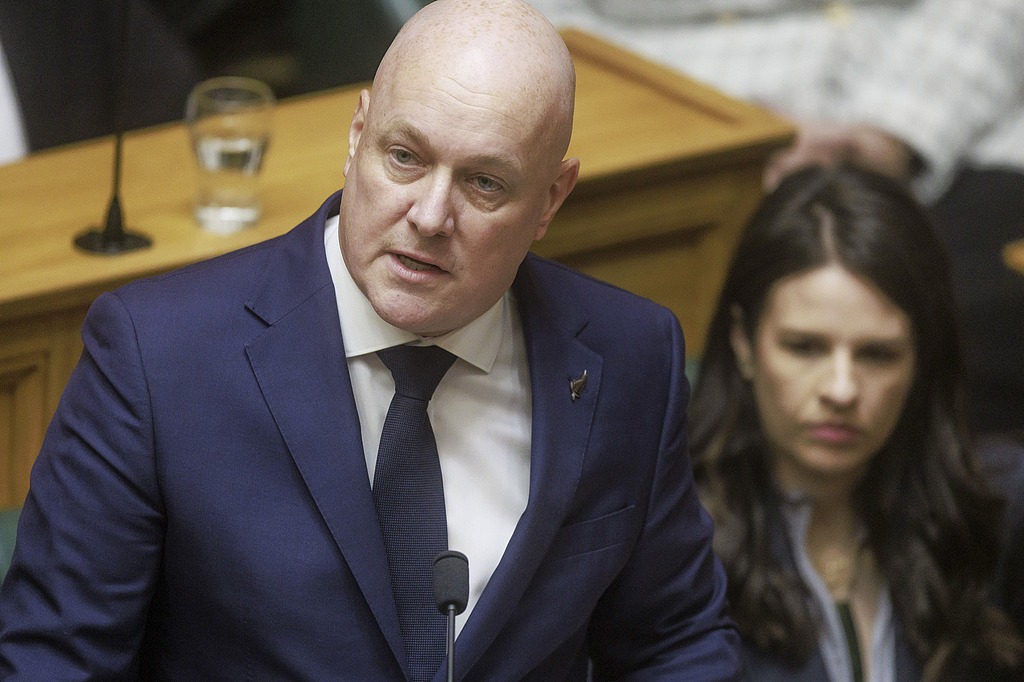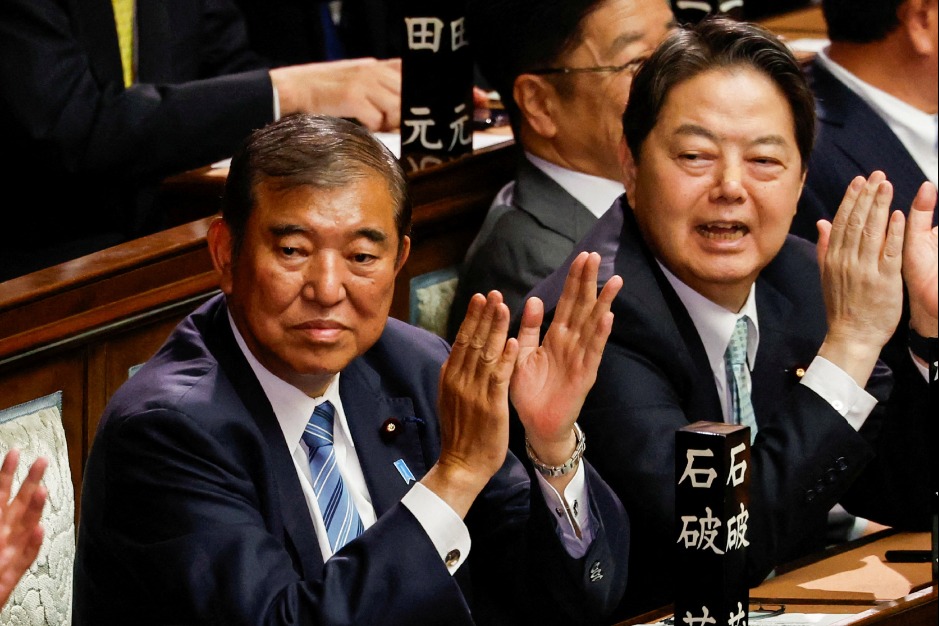UN chief expects nations to meet climate finance goal


Warning of a grim global warming situation, United Nations Secretary-General Antonio Guterres said he expects to see developed countries beefing up their support for developing economies, which disproportionately suffer the consequences of the climate crisis.
Guterres made the remarks on Tuesday when addressing the opening session of the World Leaders Climate Action Summit held during the ongoing COP29 climate change conference in Baku, Azerbaijan.
The 29th session of the Conference of the Parties to the UN Framework Convention on Climate Change, or COP29, started on Monday and runs through Nov 22.
The key task of the gathering, which is attended by representatives of nearly 200 countries and regions, is to establish a New Collective Quantified Goal, which represents a post-2025 climate financing commitment from developed states to developing economies.
With the hottest day and the hottest month on record, 2024 is set to be the hottest year on record.
Unless emissions plummet and adaptation soars, every economy will face far greater fury, Guterres warned. He urged all parties to focus on three priorities — emergency emissions reduction, enhanced action to prevent climate disasters, and a new climate finance goal that meets the actual need — to ensure the world's transition is fair and fast enough to limit the global temperature rise to 1.5 C above preindustrial levels.
To achieve the objective, the world needs to cut global emissions by 9 percent every year, and by 2030, emissions should decrease 43 percent compared with the levels in 2019, he said.
The UN chief listed a series of efforts, including tripling the capacity of renewables and doubling energy efficiency by 2030, to attain the desired results.
"All countries must do their part. But the G20 must lead. They are the largest emitters, with the greatest capacities and responsibilities," he said.
They should bring their technological know-how together, with developed countries supporting emerging economies, he added.
Guterres also urged developed countries to honor their promise of doubling climate adaptation financing to at least $40 billion a year by 2025.
"The most vulnerable are being abandoned to climate extremes," he said, adding that the gap between adaptation needs and financing could reach up to $359 billion a year by 2030. "These missing dollars are not abstractions on a balance sheet, they are lives taken, harvests lost and development denied."
Developing countries eager to act are facing many obstacles such as scant public financing, the raging cost of capital, crushing climate disasters, and debt servicing that soaks up funds, Guterres said, noting that in 2023, developing and emerging markets outside China received just 15 cents for every dollar invested in clean energy globally.
"COP29 must tear down the walls to climate finance. Developing countries must not leave Baku empty-handed. A deal is a must," he stressed.
The UN chief pointed out that climate diplomats and their governments must bear in mind that climate financing is not charity, it's an investment, and that climate action is not optional, it's imperative. "Both are indispensable to a livable world for all humanity and a prosperous future for every nation on Earth. The clock is ticking."
Noting that the climate crisis is fast becoming an economy killer, Simon Stiell, executive secretary of the UNFCCC, emphasized the importance of climate financing in addressing the problem.
"Climate impacts are carving up to 5 percent off GDP in many countries. The climate crisis is a cost-of-living crisis. Because climate disasters are driving up costs for households and businesses," he said.
"Worsening climate impacts will put inflation on steroids unless every country can take bolder climate action," Stiell said.
He said that bolder climate action could drive economic opportunity and abundance everywhere. Cheap, clean energy can be the bedrock of economies, as it means more jobs, more growth, less pollution, healthier citizens and stronger businesses, he added.
































